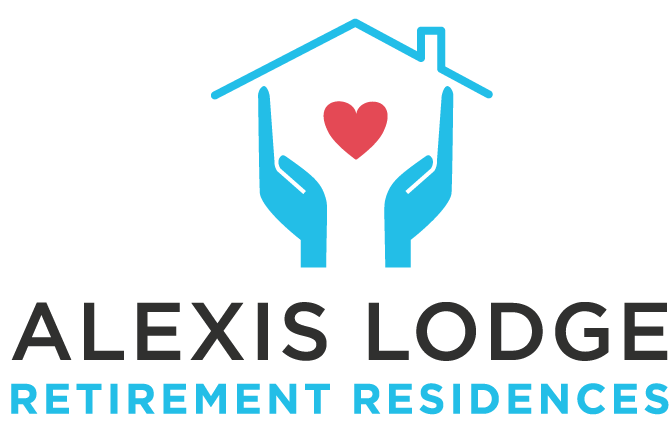Coping with Anxiety
Content Courtesy of the Forever Young Podcast with Christiana Egi and Cherrie-Marie Chiu.
It’s completely normal to have times in your life when you feel anxious, especially if your life is stressful. Who doesn’t have stress in their lives these days? Coping with the anxiety of everyday life is tough enough, add the uncertainty COVID-19 into the mix and it gets worse. Today, we share some information about different types of anxiety and ways to manage our anxiety better during these tough times.
Anxiety is much more common and not talked about as much. A lot of young people suffer the effects of anxiety in silence, because of the stigma associated with having a mental illness. Even in developed countries like Canada, there’s still a lot of social stigma around Mental illness. Our university systems are ill-equipped to support the needs of their students. We need better resources for adults and young ones to get the help they need. While we cannot change our genetics, nor can we change our brain chemistry and how it functions, we can definitely change our attitudes and the way we perceive potential threats. There must be things we can do to protect ourselves from the debilitating effects of Anxiety Disorder.
Anxiety is a natural reaction to stress, it can be helpful at times, as it helps us to be alert and ready for action. Adrenalin triggers both anxiety and excitement. Anxiety helps us avoid danger, it tells us something is important to us – like the anxiety you feel before taking a test – or going to the dentist. On the other hand, an anxiety disorder is a feeling of excessive nervousness, worry, or unease in the absence of any real danger. It’s not the same thing as fear, which is our natural way of reacting to immediate danger. This type of anxiety does not go away and may get worse over time. It can interfere with activities of daily living like going to work or school or interacting with friends. Anxiety can be mild, moderate, or severe and can build gradually. Learning how to “chill” or ride out your feelings of anxiousness is an important step to learning how to relax and become more mindful.
The symptoms of anxiety disorder are varied. Some of them are persistent worrying, overthinking, or the inability to let go of fear or worry. Some physical signs and symptoms could include fatigue, trouble sleeping, muscle tension, sweating, trembling, or nausea. Anxiety can be caused by differences in brain chemistry and function - genetics, personality, traumatic experiences, or diseases can be potential causes of anxiety.
While it is always best to speak to your healthcare professional to seek the best suitable treatment for you, there are many ways in which we can manage our anxiety through adopting some habits.
Maintaining a healthy lifestyle. Eating a healthy diet, especially foods rich in omega-3 fatty acids, such as salmon, tuna, walnuts, and a lot of other brain foods can help relieve anxiety through nourishment.
Being active. At least 30 minutes of exercise, three times a week. Going for a walk outside, even for a few minutes can make a vast difference in your mood! Physical activity does not need to be vigorous. Listen to your body and let it do its thing!
Maintain positive social relationships.
Trying to get at least eight hours of sleep a day.
Helping people in need.
Learning ways to manage stress by using a creative outlet.
Laugh. As they say, laughter is the best medicine, so remember to let loose and enjoy the tiny moments in life.
We bring this information about anxiety to you, our listeners because we want you to be aware. This is just one part of keeping our minds and bodies young. If you are experiencing symptoms of anxiety most of the time, make an appointment to see your doctor or mental health professional as soon as you can. If you are reluctant to seek treatment, reach out to a friend or loved one, a faith leader, or someone you trust. Check out Anxiety Canada’s website at www.anxietycanada.com for more information.
The Forever Young podcast is created and produced by Christiana and Cherrie Marie Chiu. Produced and engineered by Elisse Hill. The podcast represents our opinions and those of our guests. The content should not be taken as medical advice. It is for informational purposes only. Please consult your health care professional for any medical questions. If you like our show, please tell your friends and leave a five-star review on Apple Podcasts. New episodes are available every other Wednesday. Have questions? Email us at ourforeveryoungpodcast@gmail.com


